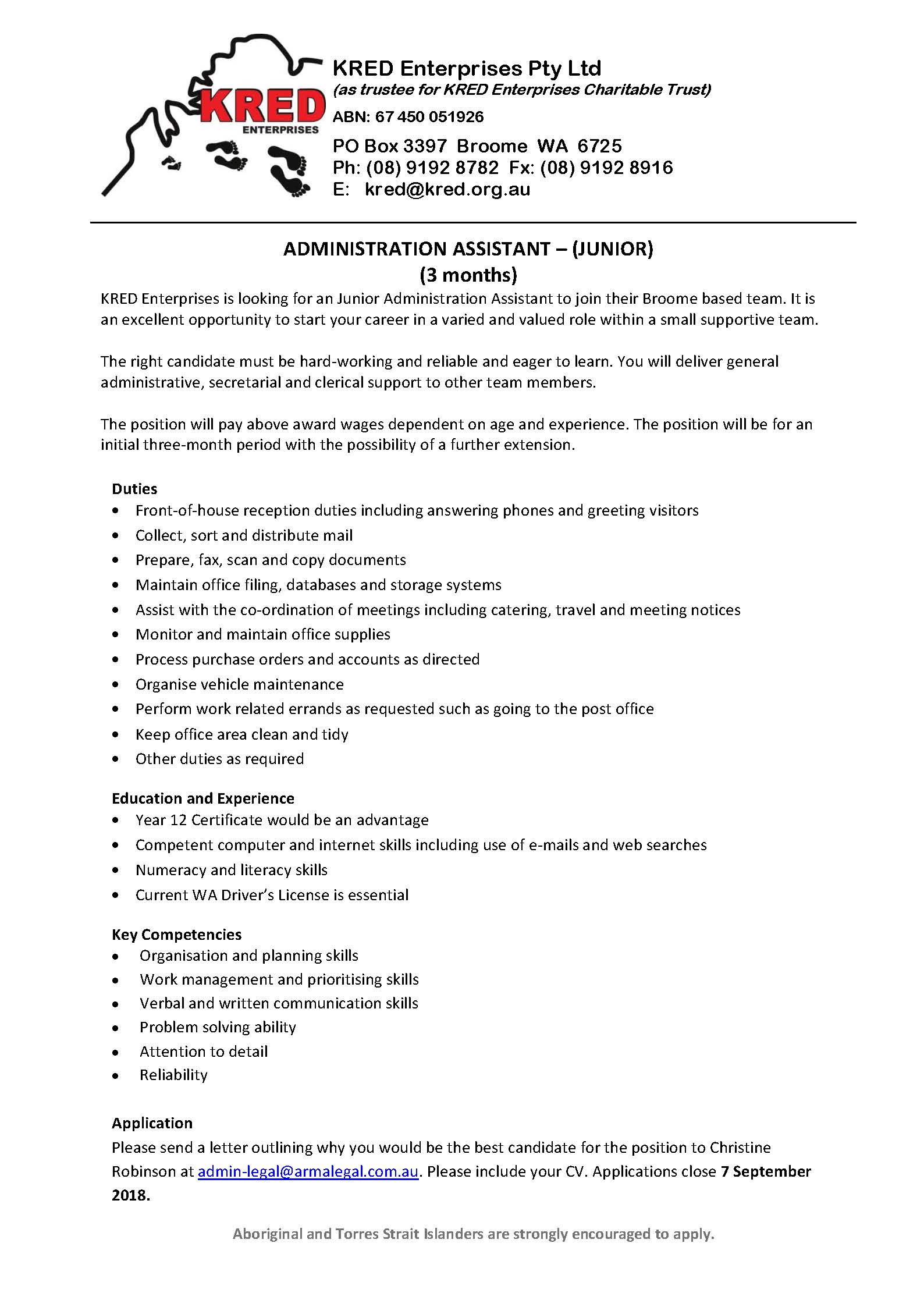Historic cattle deal makes Kimberley Traditional Owners a force to be reckoned with
In a multi-million dollar deal, Walalakoo Aboriginal Corporation (WAC) has acquired Myroodah Station in the Kimberley region of WA
WAC will sub-lease the station to the Indigenous-owned Kimberley Agriculture and Pastoral Company
The Kimberley Agriculture and Pastoral Company will become the biggest Indigenous-owned cattle venture in the region
Walalakoo land holding is a major shareholder in KAPCO, which is the management company
In a landmark $11.5m deal, Walalakoo Aboriginal Corporation has today acquired Myroodah Station in Western Australia’s north-west after four years of negotiations with the Indigenous Land Corporation.
The station is spread over 400,000 hectares and currently holds 17,000 head of cattle. Walalakoo plans to sub-lease the station to the Indigenous-owned Kimberley Agriculture and Pastoral Company (KAPCO).
KAPCO Chairman Wayne Bergmann says the acquisition is a game-changer for Indigenous business in the region.
“Our vision for KAPCO is to revitalise the Kimberley’s pastoral industry by improving the infrastructure on a number of Indigenous-owned cattle stations so that they can once again operate at commercial capacity.”
“With the cattle on Myroodah, across the four KAPCO stations we now have a 50,000-strong herd. The multiplier effect of this is immense, considering the jobs and business opportunities it will create. KAPCO’s activities will stimulate the whole regional economy,” Mr Bergmann says.
KAPCO is now comprised of four stations—Mt Anderson, Bohemia Downs, Frazier Downs and Myroodah—making it the largest Indigenous-owned cattle venture in the region.
Mr Bergmann says Kimberley Aboriginal people have a storied history in the region’s pastoral industry.
“Our old people were once the backbone of the pastoral industry in the Kimberley. Unfortunately, at that time, they weren’t paid for their work. They received food, water, the clothes on their backs and a bit of tobacco. KAPCO is about putting Aboriginal people in the driver’s seat so we can create economic independence for ourselves on our own traditional lands. We don’t want to be reliant on government funding, we want to create our own jobs and our own opportunities,” Mr Bergmann says.
Running a successful cattle business is only part of the plan for the KAPCO stations. A framework is also being developed for a youth diversionary project that would see young people who have had contact with the justice system living and working out on one of KAPCO's stations. The Marlamanu Project would be supported by health, educational and cultural wrap-around services provided by local Aboriginal organisations.




